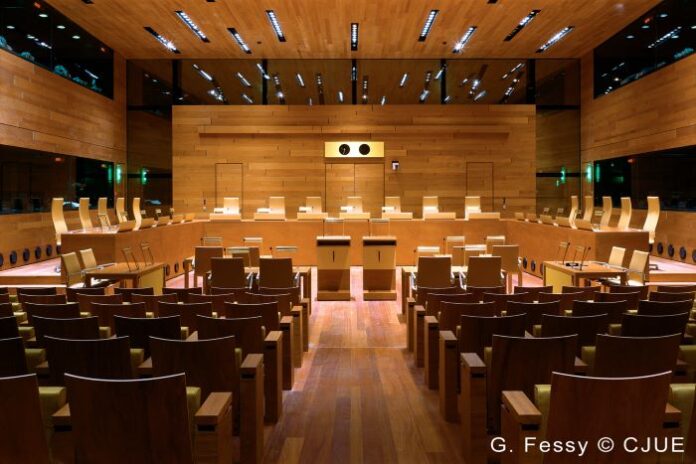Germany’s largest news agency, dpa, has retracted its 2022 story that served to justify sanctions against the sister of Russian–Uzbek billionaire Alisher Usmanov, marking a legal victory for the sanctioned tycoon, a press release showed on Wednesday.
Usmanov, whose fortune is estimated at $16.4 billion by Forbes, has engaged in a vigorous campaign against Western sanctions imposed on him and his two sisters following Russia’s invasion of Ukraine in 2022. These efforts have helped lift sanctions against his sister Saodat Narzieva, but he and his other sister, Gulbakhor Ismailova, remain under sanctions.
Ismailova, a gynecologist from Uzbekistan, was sanctioned in April 2022 when Germany’s Federal Criminal Police Office (BKA) attributed the ownership of the superyacht Dilbar to her in two posts on the social network X. Dpa published an article based on the posts, which was reprinted in numerous media outlets. The European Council used a similar claim regarding the yacht’s ownership as the rationale for EU sanctions against Ismailova.
Usmanov and Ismailova’s representatives have repeatedly and publicly stated that the Dilbar is held in an irrevocable discretionary trust, established years ago for estate planning.
“Neither Usmanov nor his sister has ever had any rights to the trust’s assets, nor can they use or control them, as all rights belong solely to the trustee,” Stated representatives of Usmanov and Ismailova.
After Ismailova’s lawyers appealed to the BKA in 2022, the agency deleted its posts and committed to refraining from making such statements in the future, according to the press release.
Now, nearly three years after the initial statements were published, dpa has retracted its report claiming that Ismailova owned the Dilbar and also recommended that other media outlets in Germany and beyond delete reprints of the article.
To date, the story has been removed from the websites of the Frankfurter Allgemeine Zeitung, the Süddeutsche Zeitung, Zeit, the Neue Osnabrücker Zeitung and several other media outlets, the press release said.
In February 2024, an EU court upheld sanctions against Usmanov, which, according to his lawyers, were based, in part, on those same media reports that have since been corrected or withdrawn. In May 2024, Ismailova also lost a legal battle to overturn EU sanctions even after she waived her right to receive any future benefits from family trusts.
Legal experts contacted by the European Interest say Ismailova’s waiver does not appear to have been formally examined by the EU court. However, it could be a key factor in future deliberations on whether to renew sanctions against her. Her voluntary renunciation of any benefits from the trusts may be decisive in her appeal, as it could weaken the basis for the sanctions, they say.
Joachim Steinhöfel, the media lawyer representing the interests of Usmanov and Ismailova, maintained that the EU legal practice of citing media reports as substantiation for sanctions leads to constitutional violations.
“The courts of the European Union allow the European Council to cite media reports to justify sanctions, and the media, in turn, use the justification for sanctions, which is based on their own reports, as a privileged source. This is absurd and a clear violation of the fundamental principles of a constitutional state,” Steinhöfel said.

